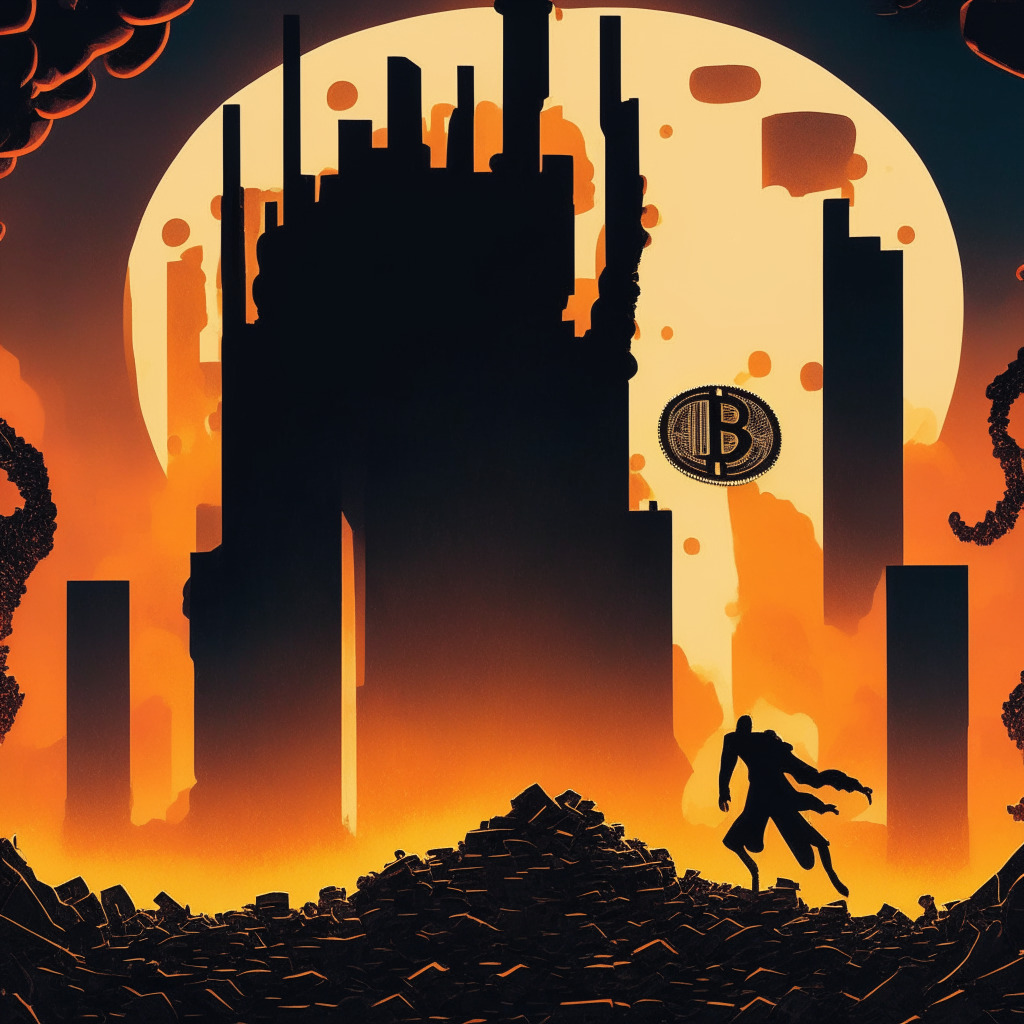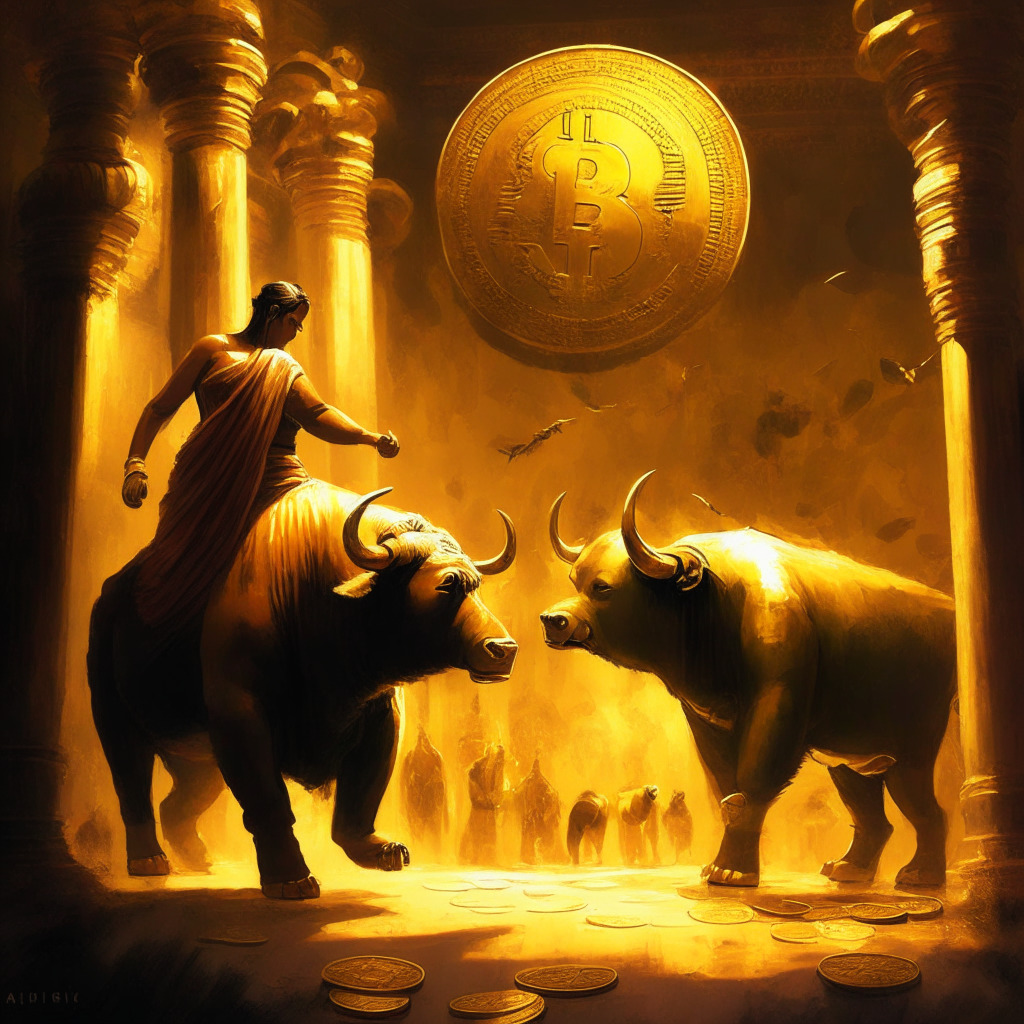When the price of Bitcoin (BTC) $25,816 takes a sudden and steep drop, advisory committees launch into full swing and speculative theories emerge. The primary suspects typically include governmental regulations, exchange manipulations, whale movements, and even some eye-brow-raising conspiracy theories involving Tether (USDT) $1.00.
One prominent theory is the influence of BlackRock, the world’s largest asset manager, on Bitcoin’s price. This belief is centered around the idea that BlackRock could potentially benefit from reducing Bitcoin’s price before launching their own Bitcoin ETF.
While lowering the price of Bitcoin may result in perceived profitability at the time of an ETF launch, it is crucial to remember BlackRock’s vested interest in maintaining market stability and the confidence of its investors. A sudden plunge in Bitcoin’s value could disturb the credibility of the market, which BlackRock, a globally respected financial entity, would fiercely avoid. Concurrently, acquiring regulatory approval, especially in the intricate domain of cryptocurrency is vital. Any questionable activities might endanger BlackRock’s chances of gaining the necessary approvals for their ETF offering.
Furthermore, with the launch of such a novel product as a Bitcoin ETF, establishing investor confidence is crucial. A sharp drop in Bitcoin’s price could erode trust among investors, potentially in the ETF as well. Thus, BlackRock’s interest likely lies in launching the ETF during a period of buoyant sentiment, where investors are confident about future gains.
One other popular suspect for causing a dip in Bitcoin prices is government regulations, potentially designed to strengthen the U.S. dollar by reducing demand for cryptocurrencies. These theories generally suggest measures to control exchanges, usually those located outside the U.S., as well as stablecoins.
However, these theories seldom stand up to scrutiny, primarily due to the decentralized nature of cryptocurrencies and the transparent practices among exchanges, making the tracking of specific market influencers a sizable challenge.
Ultimately, it’s imperative to remember, that in an environment as complex and constantly evolving as the cryptocurrency market, simplistic theories often fall short of accurately representing the actual scenario. As with BlackRock’s alleged involvement in causing Bitcoin price dips, it is typically more prudent to discount such claims until substantial evidence is available.
Source: Cointelegraph




